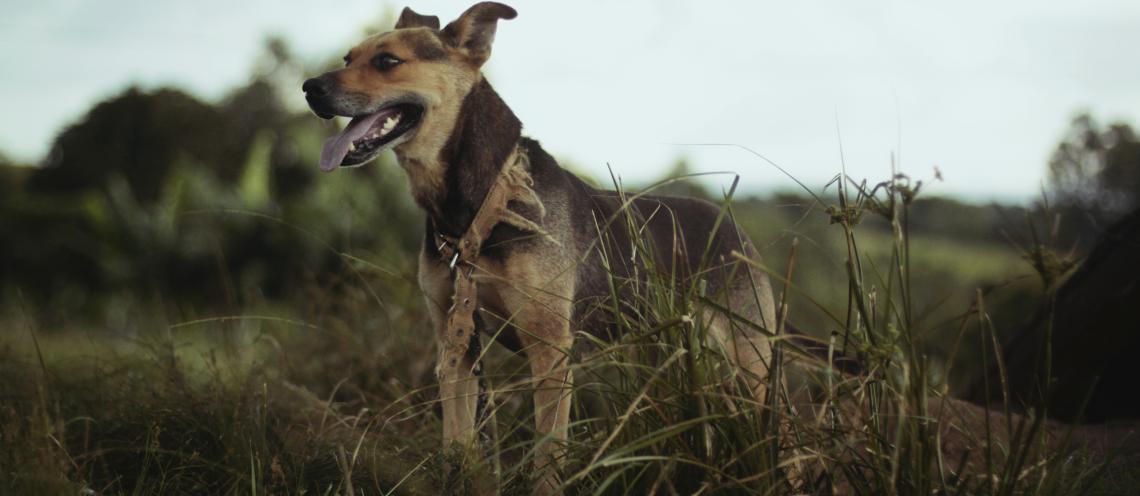
Precautions for Hunters
Tuesday, November 17, 2015
The American Veterinary Medical Association has published a general guide about diseases that hunters and their hunting dogs may encounter. Here is a brief summary of the highlights. Find more details at hunter precautions.
Hunters and their dogs can be exposed to infectious diseases from infected animals as well as from insect vectors and contaminated soil and water. Insects such as mosquitoes, ticks, flies, fleas or mites serve as vectors capable of transmitting disease from an infected animal to another animal or person.
Before you go hunting, make sure your hunting dogs are current on their vaccines, especially rabies. Also consult your veterinarian for proper heartworm prevention medications to keep your dogs healthy.
To minimize insect bites, apply tick repellants to exposed skin and clothing. DEET and Picaridin are commonly used insect repellents.
Avoid wearing the same clothes on consecutive days without washing them first to remove ticks. Wash clothes immediately after returning home. Wear long-sleeved shirts and long pants, tucking pant legs into your socks.
Conduct frequent body checks for ticks on you and your hunting dogs. Remove ticks promptly pulling upward with steady, even pressure. Do not twist the tick as you remove it.
While cleaning wild fowl or game, do not eat, drink or smoke. Wear gloves—latex, nitrile or heavy rubber. Do not use the same utensils to clean different species.
Report any abnormalities seen in the carcass to the Oklahoma Department of Wildlife Conservation. Remove wide margins of tissue around all wounds.
Remove the intestines as soon as possible. Discard meat that has come into contact with the intestinal contents.
Minimize contact with the brain or spinal tissues. Protect the carcass from flies and wash hands thoroughly with soap and water or an alcohol-based sanitizer.
Be sure to cook and store the meat properly. Avoid eating raw or undercooked meat.
Do not keep meat at room temperature. Promptly refrigerate or freeze uncooked meat. Wrap and store wild game meat separate from other foods.
These guidelines are designed to inform hunters of precautions they may take to protect themselves and their hunting companions.
If you think you have been exposed to a disease or are showing symptoms of illness, consult your physician as soon as possible. If you have any concerns that your hunting dog or any other companion animal may have contracted a disease, contact your veterinarian immediately.
by Elisabeth Giedt, DVM
Veterinary Viewpoints is provided by the faculty of the OSU Veterinary Medical Hospital. Certified by the American Animal Hospital Association, the hospital is open to the public providing routine and specialized care for all species and 24-hour emergency care, 365 days a year.
